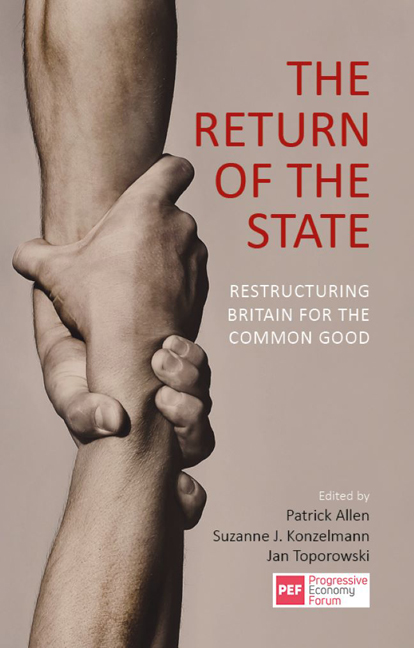13 - Revive the commons!
Published online by Cambridge University Press: 22 December 2023
Summary
The commons are our collective heritage, our common-wealth, our public social and cultural amenities and institutions, our collective knowledge, our civil commons (epitomized by common law) and our traditions of sharing in society, epitomized by the old term “commoning”.
The rights of the common people to access the commons and to share in its bounty were first set out in the Charter of the Forest of 1217, companion to Magna Carta. The Charter established that everybody has a right to subsistence and that the commons should make that a reality, providing, in the words of the old saying, “the poor man's overcoat”.
Whereas in medieval times the commons related to the natural world – land, water, wildlife, minerals – the Charter's precepts of free and equal access and sharing also underpinned the public institutions and services built up over generations with public money and support. Like traditional commons, they have stood outside the market, as a free or affordable service for all citizens, not for private profit.
Throughout British history, rebellions and transformative moments have been about struggles to recover commons and systems of participative sharing. Now may be another of those moments. Many commons are of most value to those with low incomes, including the precariat, which has been disproportionately hurt by their plunder over the past four decades. The tragedy of de-commoning is that, as well as eroding social solidarity and respect for the ecosystems that sustain us, it has worsened inequalities in ways that orthodox economists ignore. The Covid pandemic has thrown into sharp relief the value of the commons and how society has been weakened by their erosion during the neoliberal era.
A progressive agenda worthy of the name must revive all forms of commons: natural, social, civil, cultural and knowledge. The discussion below illustrates how the five types of commons have been lost – and suggests what a progressive government should do about it.
The natural commons
Historically, waves of enclosure have depleted what was once common land on which commoners had rights, from roughly half of all the land in Britain in medieval times to 5 per cent today. This has resulted in one of the most concentrated landownership structures in the world, much inherited by a tiny elite.
- Type
- Chapter
- Information
- The Return of the StateRestructuring Britain for the Common Good, pp. 157 - 166Publisher: Agenda PublishingPrint publication year: 2021



